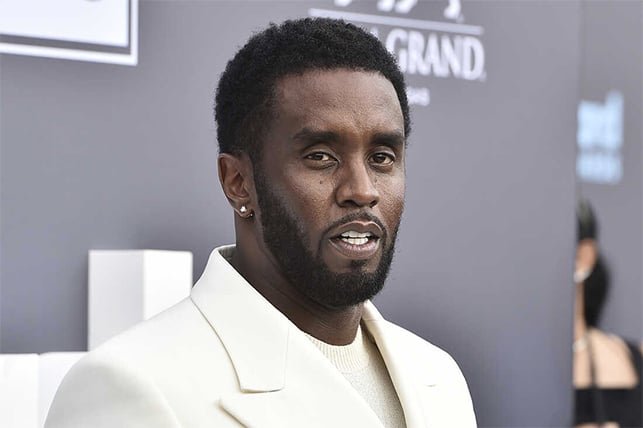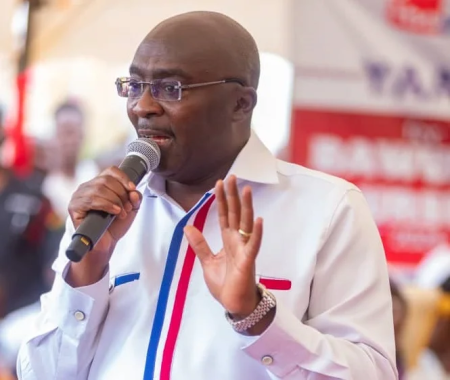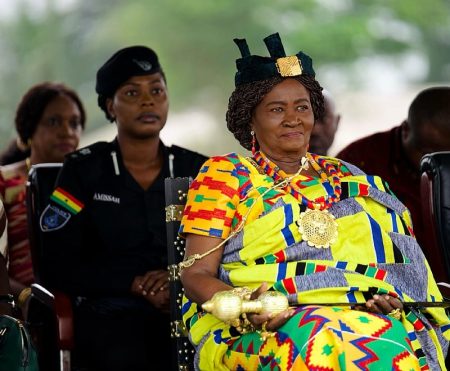Sean “Diddy” Combs, the prominent rapper and music mogul, has initiated a substantial legal battle against NBCUniversal, its streaming platform Peacock, and the production company Ample Entertainment, seeking $100 million in damages for defamation. The lawsuit centers around the recently released documentary, “Diddy: The Making of a Bad Boy,” which Combs alleges portrays him in a false and damaging light, accusing him of heinous crimes he vehemently denies. Combs, currently incarcerated awaiting trial on unrelated federal charges, argues that the documentary’s narrative falsely implicates him in serious offenses, including “serial murder, rape of minors, and sex trafficking of minors,” significantly harming his reputation and career.
The core of Combs’ legal argument rests on the claim that the documentary fabricates a malicious and unfounded narrative, depicting him as a “monster” and falsely linking him to the deaths of his former partner, Kim Porter, and rapper Christopher Wallace, also known as The Notorious B.I.G. Combs’ legal team contends that the documentary makers acted with “reckless disregard” for the truth, presenting harmful assumptions as facts and disseminating defamatory content without proper verification. They argue that the documentary’s creators prioritized profit over journalistic integrity, knowingly broadcasting false and damaging information.
The lawsuit filed by Combs’ lawyer, Erica Wolff, specifically targets NBC, Peacock, and Ample Entertainment for their alleged complicity in spreading these defamatory claims. Wolff criticizes the companies for prioritizing financial gain over journalistic ethics and accuses them of knowingly broadcasting “outrageous lies.” The $100 million sought in damages represents the alleged “reputational and economic harm” inflicted upon Combs by the documentary’s portrayal. This legal action comes at a challenging time for Combs, who has faced numerous allegations over the past year and a half, further intensifying the scrutiny surrounding his public image.
The documentary, “Diddy: The Making of a Bad Boy,” purportedly chronicles Combs’ rise to prominence in the music industry, tracing his journey from aspiring artist to influential hip-hop mogul. However, according to the lawsuit, the film deviates from factual storytelling and instead constructs a damaging narrative filled with unsubstantiated accusations. Combs argues that the documentary not only misrepresents key events in his life but also fabricates connections between him and serious crimes, thereby painting a distorted and defamatory picture of his character and actions.
This lawsuit carries significant implications, extending beyond the immediate legal dispute between Combs and the documentary makers. The outcome could potentially influence the broader landscape of documentary filmmaking, raising critical questions about journalistic responsibility, ethical storytelling, and the potential for damaging individuals’ reputations through unsubstantiated claims. The case is expected to draw considerable attention from both the entertainment and legal sectors, prompting discussions about the balance between creative expression and the obligation to uphold factual accuracy in documentary productions.
As the legal proceedings unfold, the case will likely delve into the specific evidence presented in the documentary, examining the veracity of the claims made and the extent to which the filmmakers adhered to journalistic standards. The court will likely consider whether the documentary’s portrayal of Combs constitutes defamation, taking into account the context of the statements, the potential for harm to his reputation, and the level of negligence or malice involved in the production and distribution of the film. This high-profile lawsuit underscores the complex relationship between public figures, media portrayals, and the legal recourse available when individuals believe their reputations have been unjustly tarnished.














